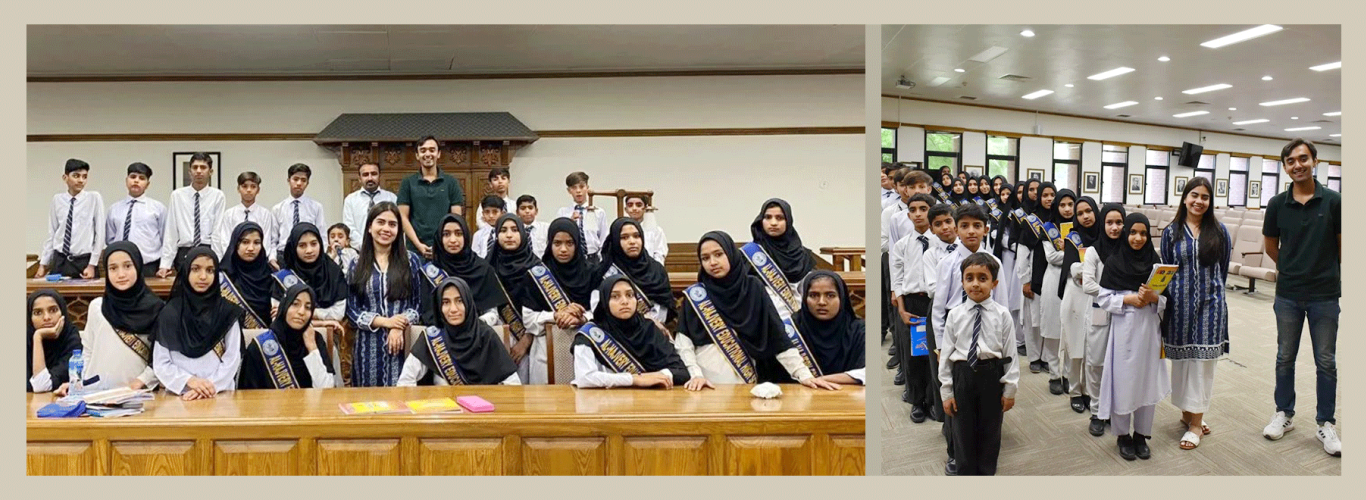Community-Driven Legal Lessons: LUMS' Street Law Programme
Street Law is an innovative and transformative course in practical law and civic education that demystifies complex legal concepts and constitutional principles, making them accessible to the community and fostering a culture of informed citizenship and active civic engagement.
Law students step outside the traditional classroom and into the heart of local communities in Chungi Amar Sadhu, Lahore and deliver weekly lessons in secondary schools, translating legal theory into practical knowledge that can be used in everyday life. The course is carefully designed to instill values of inclusiveness, tolerance, and democratic decision-making, equipping young minds to become proactive members of society.
At the beginning of each semester, the students create a dynamic curriculum covering essential topics like the rule of law, separation of powers, elections, and the workings of the judiciary and executive branches. The curriculum is then tailored to the needs and interests of each school, ensuring relevance and engagement. Law students undertake rigorous training in teaching and curriculum development. They research their topics thoroughly, design interactive lessons, receive constructive feedback, and deliver these lessons in a hands-on, activity-based format.
Beyond these fundamentals, the programme addresses practical issues such as the arrest and trial process, labour rights, nikah nama, online safety, and environmental concerns. Past sessions have included topics like traffic laws, good citizenship, and drug awareness, demonstrating the programme’s adaptability and responsiveness to community needs.
This immersive year-long experience not only deepens the legal knowledge of secondary school students but also fosters a transformative learning environment that encourages critical thinking and real-world application. By the end of the programme, students exhibit a deeper understanding of responsible governance and citizenship and gain invaluable skills in advocacy, critical analysis, confidence, problem-solving, and communication.























